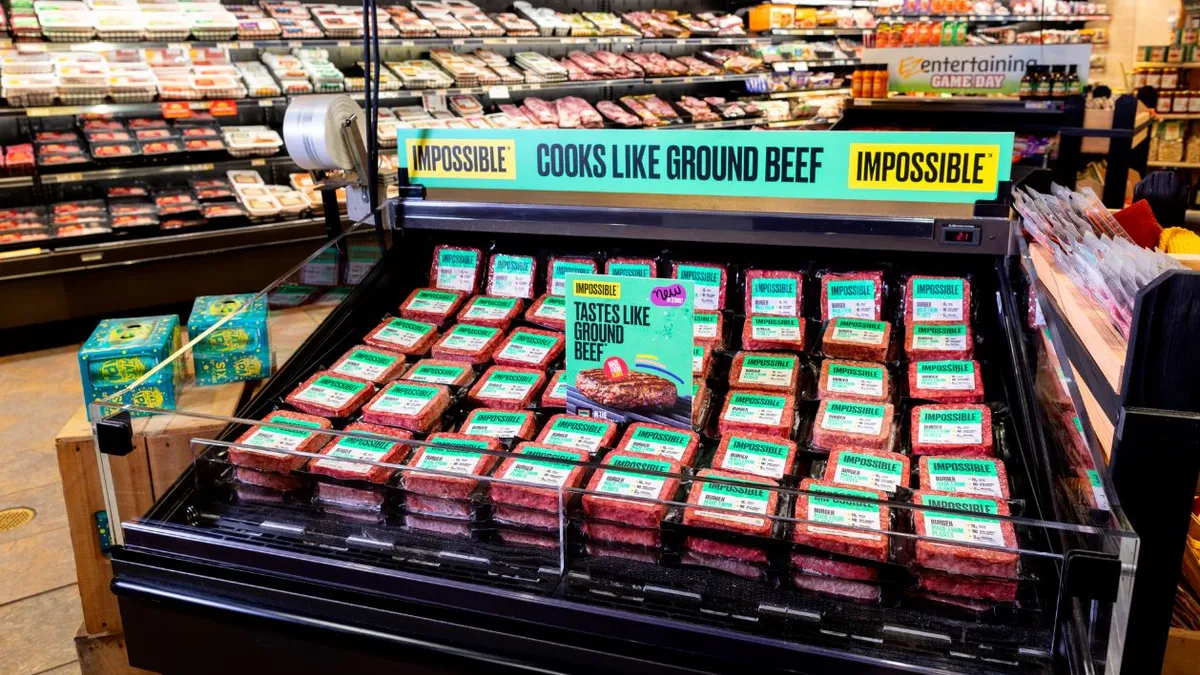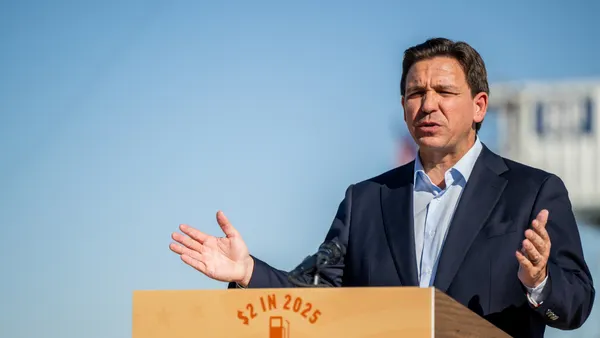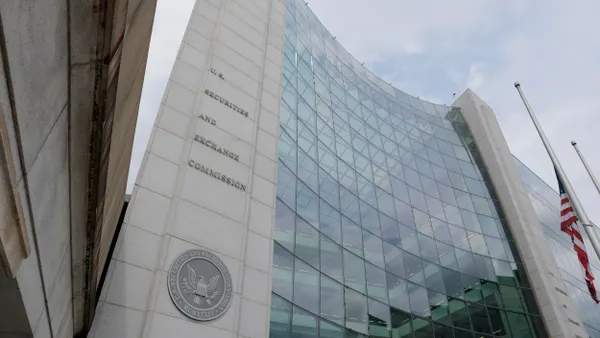David Lee, CFO of Impossible Foods, last week told Forbes how his company, which provides meatless alternatives to such products as sausage, hamburgers and bacon, has fared amid the trend of meat plant shutdowns during the pandemic.
Lee said Impossible Foods' operations at their plant in Oakland, California have continued at "maximum capacity," while adhering to strict safety protocols. He drew the comparison to the spate of meat plant workers who have fallen sick, and many who have died, from COVID-19. The business interruptions have caused America's first meat shortages since World War II and has required major meat processors to close facilities and euthanize millions of animals, Lee said.
But Impossible Foods has largely managed to avoid these pitfalls. "We have seen no meaningful impact to our supply chain due to COVID, largely because our supply chain doesn’t include animals and is therefore meaningfully more robust than the meat industry's," Lee said.
Lee led the business functions as COO from 2015 to 2019, helping transform Impossible from pre-revenue to hyper-growth, with global sales, commercial manufacturing, and supply chain capability. Before pivoting to CFO last year, he had raised over $650 million debt and equity to fund commercialization.
Beyond just maintaining output, grocery store sales of Impossible Burger have more than doubled every month since April, when Lee said the company began dramatically expanding its retail footprint in response to mass restaurant closures. Like ground beef, Lee says the Impossible Burger is "versatile, convenient and unusually resilient even in the face of economic swings."
Impossible Foods' explosive growth is largely due to this versatility, and its products' seamless fit within the grocery space, Lee said. So far in 2020, the brand increased its retail footprint 30-fold, and expects to increase it more than 50 times by the end of the year, he said.
The initial closure of meat processing plants helped sell the plant-based products, sister publication Food Dive reported last month, as customers grew wary of the meat processing business and distrustful of the corporations' slow actions. According to Lee, grocery demand for fresh or frozen plant-based meats surged 300% in March; animal meat increased about 50%.
Nevertheless, Lee is not letting Impossible Foods' recent growth distract him from measured, sustainable future-focused management strategy. He values the company-owned manufacturing plant in Oakland, which he says provides Impossible Foods "a lot of control over [its] product."
"And because our production process is so simple, we can also partner with nearly any food co-manufacturer when we need to increase production," he said, explaining how he may look to turn the startup's period of "hypergrowth" into long-term sustainability.
Another vital aspect of sustained growth: research and development. "We're a company with a skyrocketing growth path, and our investment in R&D has been a critical part of our success," he said. "We fund our investment in our growth by focusing on cost savings. We’re in this for the long-haul, so our continued investment in R&D is critical."
Although Impossible Foods has yet to launch an IPO, Lee says it still chooses to operate with the same rigor as a public company, by planning well ahead of its current cash needs.














